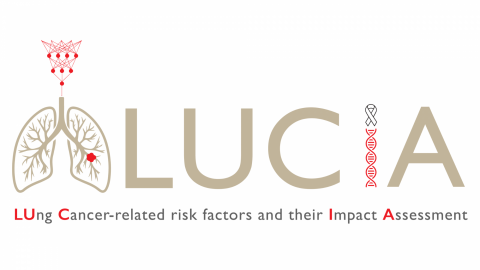
"Opportunities don't just happen, you create them ." Thanks to this, and as a result of their constant work, Bilbomática has secured a new project in the field of lung cancer. LUCIA (Understanding Lung Cancer-Related Risk Factors and their Impact), part of the Horizon Europe Framework Programme (HORIZON), received funding through the Research and Innovation actions supporting the implementation of the Mission on Cancer 2022 call. This call supports international collaborations that provide practical technological solutions to current challenges. LUCIA has 22 members.
The project, involving nine European countries, aims to manage lung cancer from the perspective of early diagnosis, prevention, and treatment, particularly of relatively rare lung cancers. The consortium's work will result in recommendations that will be integrated into the early diagnosis program and methods for effectively addressing the disease.
The consortium's objective is to map lung cancer risk factors by focusing on three aspects:
- Individual risk factors, including lifestyle and exposure to pollutants,
- External factors, such as urban or urbanized areas, traffic, climate, and socioeconomic aspects
- Biological responses, such as aging and genetic, epigenetic, and metabolic changes
The project is led by TECHNION (Israel Institute of Technology) and the participants include the following healthcare organizations: the Basque Health Service Osakidetza (BioCruces), the European Federation of Hospitals and Healthcare Services , the University Hospital of Liège , and the Andalusian Health Service (SAS).
We would like to take this opportunity to thank Vicomtech and Technion - Israel Institute of Technology , for including Bilbomática in the creation of the project consortium.
The LUCIA project receives funding from the European Union's Horizon Europe research and innovation programme under grant agreement 101096473 .
